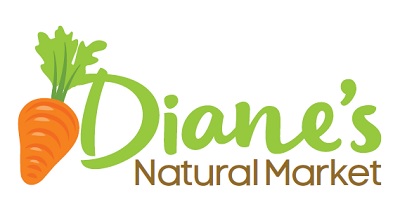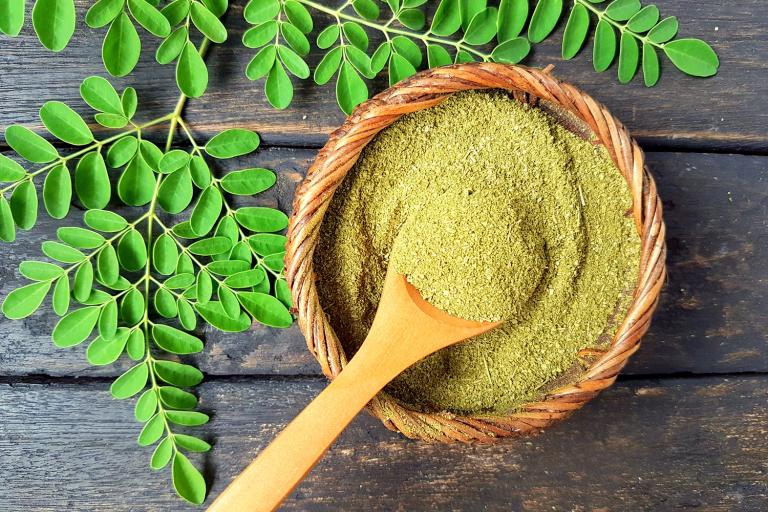Moringa likely won’t show up on anyone’s top 10 list of beautiful trees. It’s nicknamed “the drumstick tree” because of its long, skinny seed pods. What it lacks in good looks, though, moringa makes up for in nutritional power.
“If there were a top 10 list of plants that are going to help feed the world over the next hundred years, I would say moringa should be on that list,” says Carrie Waterman, PhD, a researcher in the department of nutrition at UC Davis’s Institute for Global Nutrition. “Moringa can help us address food security,” she says.
Nutrient Profile of Moringa
It makes sense that researchers are looking at moringa as a nutritious food source that could help ease world hunger. While there’s still some controversy about the roots, every other part of moringa, called the “miracle tree,” can be eaten, and the leaves are full of protein (close to 30 percent by weight). Its flowers also can be used in tea form.
Vitamins A and C, along with minerals calcium, iron, magnesium, potassium, and zinc, are plentiful in moringa leaves as are good fats known as PUFAs (polyunsaturated fatty acids), including linoleic, linolenic, and oleic acid. Its seed oil contains about 76 percent PUFA, which recommends it as an alternative to olive oil.
Health Benefits
Frequently used in powder form, moringa can be used in smoothies, curries, soups, or in baking. “Among the many potential benefits of moringa,” says chef and nutritionist Jackie Newgent, RDN, CDN, “two standouts to me are its potential to help in managing blood glucose and blood cholesterol levels.”
Moringa’s nutritional profile also suggests it may help with bone health. Because its use is largely traditional, more studies are needed to confirm the efficacy of its use for various health conditions, many of which have not been subjected to human clinical trials.
The antioxidant profile of moringa, which includes beta carotene, vitamins A and C, and quercetin, makes it a natural for neutralizing free radicals in the body. One study found it increased postmenopausal women’s antioxidant levels.
In addition to its antioxidant effects, moringa shows antibacterial, antifungal, and anti-inflammatory properties. Moringa seed powder, used in a small study of patients with asthma, showed an improvement in only three weeks.
Dosage and Cautions
In supplement form, generally leaf or seed powder or extract, a frequent dosage for adults is 6 to 10 grams per day, according to WebMD.com. Newgent says that those who took 8 grams per day for 40 days showed no adverse effects. However, moringa may cause an upset stomach or diarrhea.
As with any supplement, always consult your healthcare practitioner before taking it. Moringa may increase the effects of certain medications used to treat high blood pressure, diabetes, and thyroid disease.

